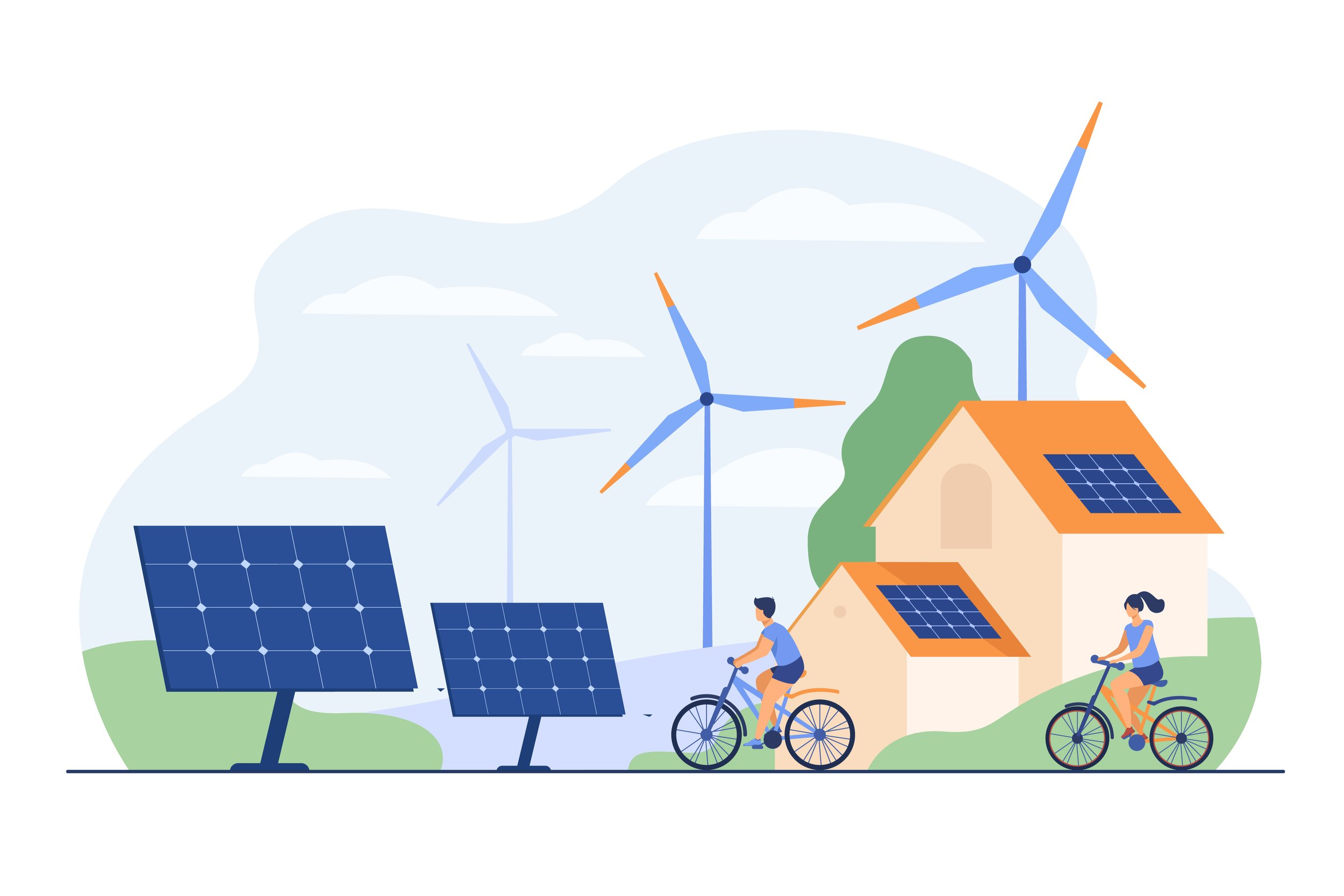The Future of Energy in Serbia: Insights into Household Attitudes
Author: Prof. Dejan Ivezić PhD
The energy transition (ET) is happening in Serbia but with limited speed. There is a lack of social enthusiasm for its implementation, and it is unclear whether society has a consensus about its implementation. Democratization and decentralization of the energy sector are rarely mentioned in the public discourse. The question arises whether individuals and households in Serbia are ready to participate in these tectonic changes in the energy sector.
A survey on the attitudes of Serbian citizens towards energy development and transition, focused on the views of individual households, can serve as a partial explanation for the described situation while also providing guidelines for activities that could accelerate the ET process and change the status of individuals/households
from objects into subjects of energy development. The survey covered a sample of approximately 1,200 respondents across the country and was conducted within the framework of the FF GreEN project (https://ffgreen.rgf.bg.ac.rs/), funded by the Science Fund of the Republic of Serbia.
About the survey
The survey consists of 28 questions divided into 4 groups, and answers to the most relevant questions to understanding our reality and society’s attitude towards ET are as follows:
The first group of questions related to energy use in households. Most households (81%) are satisfied with their current thermal comfort, although almost half (49%) have not made any improvements to it in the past 10 years.
The second group of questions addressed the willingness of individuals/households to participate in the energy transition. Unfortunately, most respondents (72%) are not willing to invest in a modern, energy-efficient heating system, and more than half (57%) would not do so, even with an incentive covering more than 50% of the costs. Only 20% of our fellow citizens would install PV systems on the roofs of their houses (with or without incentives). Interestingly, the material situation cannot be a simple explanation for this inertia – 25% of respondents stated that they live well on their income, while an additional 51% said they "manage to get by."
The group of questions regarding attitudes towards the environment shows that most households (77%) notice the impact of local pollution on daily life, but only just over a third of respondents (36%) are willing to sacrifice their standards for the sake of a cleaner environment. Nearly a quarter (23%) have no opinion on this issue. As a solution for cleaner air and a healthier environment, citizens mostly believe in punishing polluters (46%), a smaller portion believes in incentives for using cleaner technologies (19%), or education and information (18%).
The fourth group of questions addressed citizens' attitudes towards authorities and collective action. Households believe in the power of the community. Most respondents (78%) think that the collective interest should be placed above the individual interest, and a similar percentage of respondents believe that individuals should act in the field of the environment, regardless of the behavior of others. When it comes to energy and environmental protection issues, citizens tend to trust the national government more than the local authorities.
The results
The sociological analysis of the results, conducted within the FF GreEN project divided households into 3 groups regarding the probability of participating in energy transition:
- Those who live well on their current income, trust national and local authorities, prefer collectivism, and value interpersonal trust are likely to participate.
- Somewhat likely are households that manage with their current income, are neutral regarding trust in relevant ministries and local authorities, and are ambivalent to individualism/collectivism and interpersonal trust.
- Unlikely participation is reserved for households in poor financial situations and a lack of trust in institutions, the collective, and the power of the community.
Conclusion
The obtained results direct activities in energy transition support. For the first group, it is necessary to develop support instruments that focus on organizational and logistical modalities (such as renewable energy communities or energy communities). For the second group, it is crucial to define financial support mechanisms and focus on promoting examples of good practices, while for the third group of households, active efforts should focus on mechanisms to reduce energy poverty.


